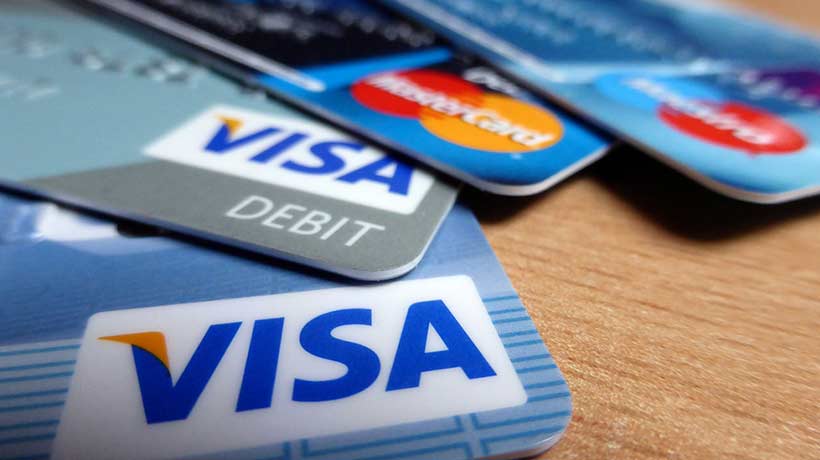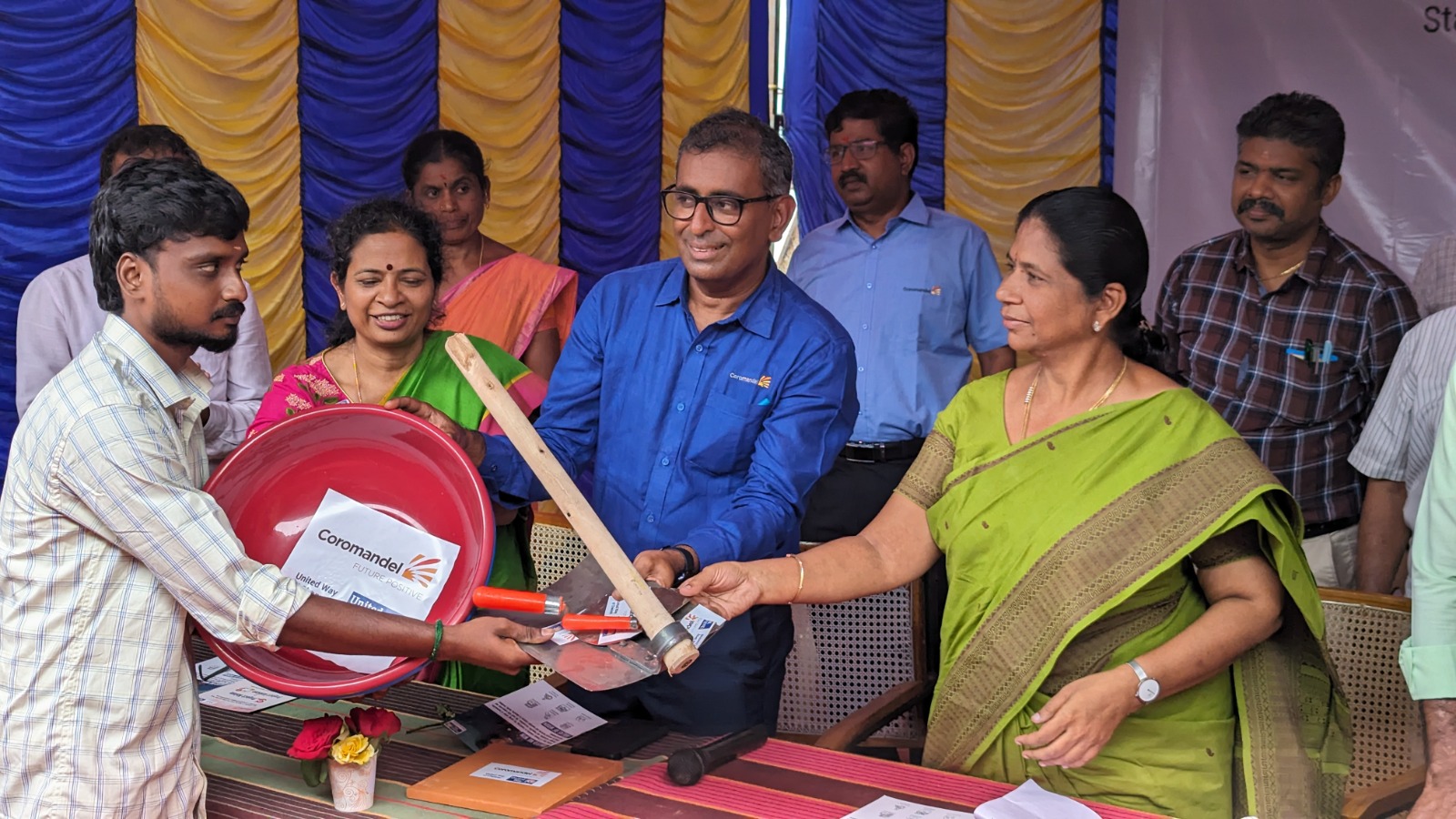Trending Now
- 830 voters names go missing in Kavundampalayam constituency
- If BJP comes to power we shall consider bringing back electoral bonds: Nirmala Sitaraman
- Monitoring at check posts between Kerala and TN intensified as bird flu gets virulent in Kerala
India News
Government to reimburse MDR on debit card transactions up to Rs 2000 to boost digital payments
![]() December 16, 2017
December 16, 2017
Image credit : Illustrative Image
Rahul Shrivastava| Edited by Deepali Singh
Almost every customer has faced shopkeepers and retailers saying no to accepting payment for purchases by debit cards or other digital modes.
The union cabinet on Friday cleared two key proposals, one to reduce the burden traders’ face in accepting digital payments and the other relief for them in cases of bounced cheques. The government’s twin incentive comes after the launch of GST displeased Bjp’s old loyal constituency – the traders and the party had to spend more than a month to convince members of the tribe not to vote against it in Gujarat elections.
Almost every customer has faced shopkeepers and retailers saying no to accepting payment for purchases by debit cards or other digital modes. That’s because the banks charge MDR (merchant discount rate) on each transaction made through cards.Most sellers who accept digital payments in turn charge the customer the MDR amount by adding the price in the cost of goods sold.This makes the digital payment a not so sought after route.The government today, instead of abolishing the MDR, which may increase the cost of operations for banks, announced that the merchant discount rate (MDR) applicable on all debit cards, BHIM and UPI transactions up to Rs 2,000, will be paid by the government to the banks for the first two years starting from January 1, 2018.
Law and IT Minister Ravishankar Prasad said, “The cabinet cleared the move in an effort to boost digital payments. Transactions worth Rs 2000 or less, form 65% of total number done by digital payments at points which pay MDR. The total worth of these transactions is only 15-20%.”What it really means is by using the most popular mode of digital payment, the debit card, from January 2018, customers will not be charged fees on debit card transactions up to Rs 2,000 for at least two years as the government will reimburse the amount the banks charge the merchants.The move will help promote digital payments, ease the burden on traders and customers. On the other hand, it will cost the government almost Rs 2500 crore over the next few years.
Mr Prasad said, “It is estimated that the MDR to be reimbursed to the banks in respect of transactions less than Rs 2,000 in value would be Rs.1,050 crore in FY 2018-19 and Rs.1,462 crore in FY 2019-20.”
The move has a two year limit as the debit card mode of payment is growing exponentially. By the end of this financial year, Rs 4.37 lakh crore worth total of 3.8 lakh transactions were made using debit cards. The move will require a proper matrix in place to ensure that merchants, who don’t pay MDR, don’t charge the customer the amount as another layer of profit.There are also apprehensions that in order to avoid paying MDR for transactions higher than Rs 2000 value, sellers may split payments into multiples of Rs 2000 or less.The IT minister said, “Yes, these issues are there but the government will come up with proper safeguards and procedures. Also, digital payments have a habit of leaving a trail and proper monitoring can detect malpractices.”
In another unrelated move which eventually will help businesses across the country, the cabinet on Friday approved an amendment to the Negotiable Instrument Act that will allow payment of an interim compensation in cases of dishonoured cheques or in simple parlance, bounded cheques.
The amendment will allow relief to victims of dishonoured cheques issued by unscrupulous elements by empowering courts to order an interim relief. The government has created this amendment to curb the instances of unscrupulous elements holding payments and using long duration trials to frustrate businesses.
On Friday, the government indicated that the amendment is likely to be introduced in the ongoing Winter Session of Parliament.Law Minister Ravi Shankar Prasad said, “This amendment to the Negotiable Instruments Act has been cleared.” Since Parliament is in session, the minister refused to provide more details.
However, sources say that the amendment affirms that part of the amount of the cheques issued at the trial stage, can be ordered to the victim.In case the court acquits the drawer, the payee will be asked to repay the interim compensation amount with interest.Government sources said that the move will bring relief especially to the MSME sector which has been suffering due to dishonouring of cheque, which causes huge loss and inconvenience to payees.
Over the last two years, several MSME and trade bodies have petitioned the government to amend the Negotiable Instruments Act to end the hardships faced by payeesThis move is also being seen as an attempt to guard the user loyalty to cheques and reduce the dependency on cash in the economy.





















